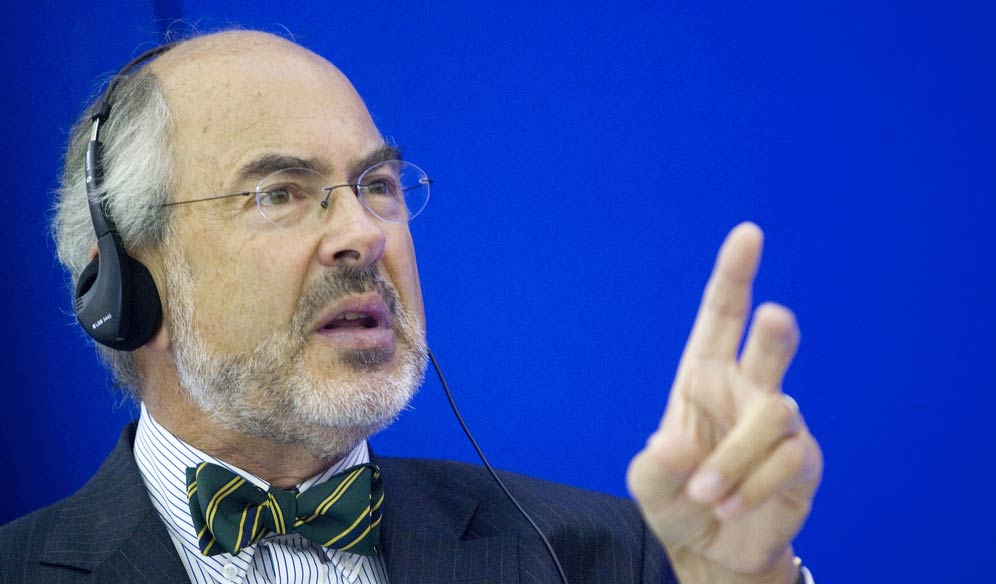Stefan Tangermann’s study on Direct Payments in the CAP post-2013 which was released by the European Parliament on February 11th last is a masterly deconstruction of the fragile rationale behind many of the proposals for the redesign of direct payments in the Commission’s Communication on the CAP post-2013 published last November. A powerpoint presentation of his study is also available.
The closely-argued report is divided into five sections, each of which deserves comment in its own right. In this post, I comment on the introductory section entitled The EC communication: another CAP reform?
In this opening section, Tangermann starts from the Commission’s standpoint that a further reform of the CAP is needed to prepare EU agriculture for the challenges of the future.… Read the rest


